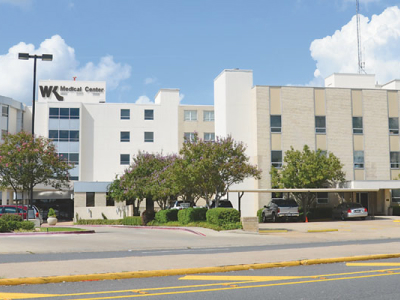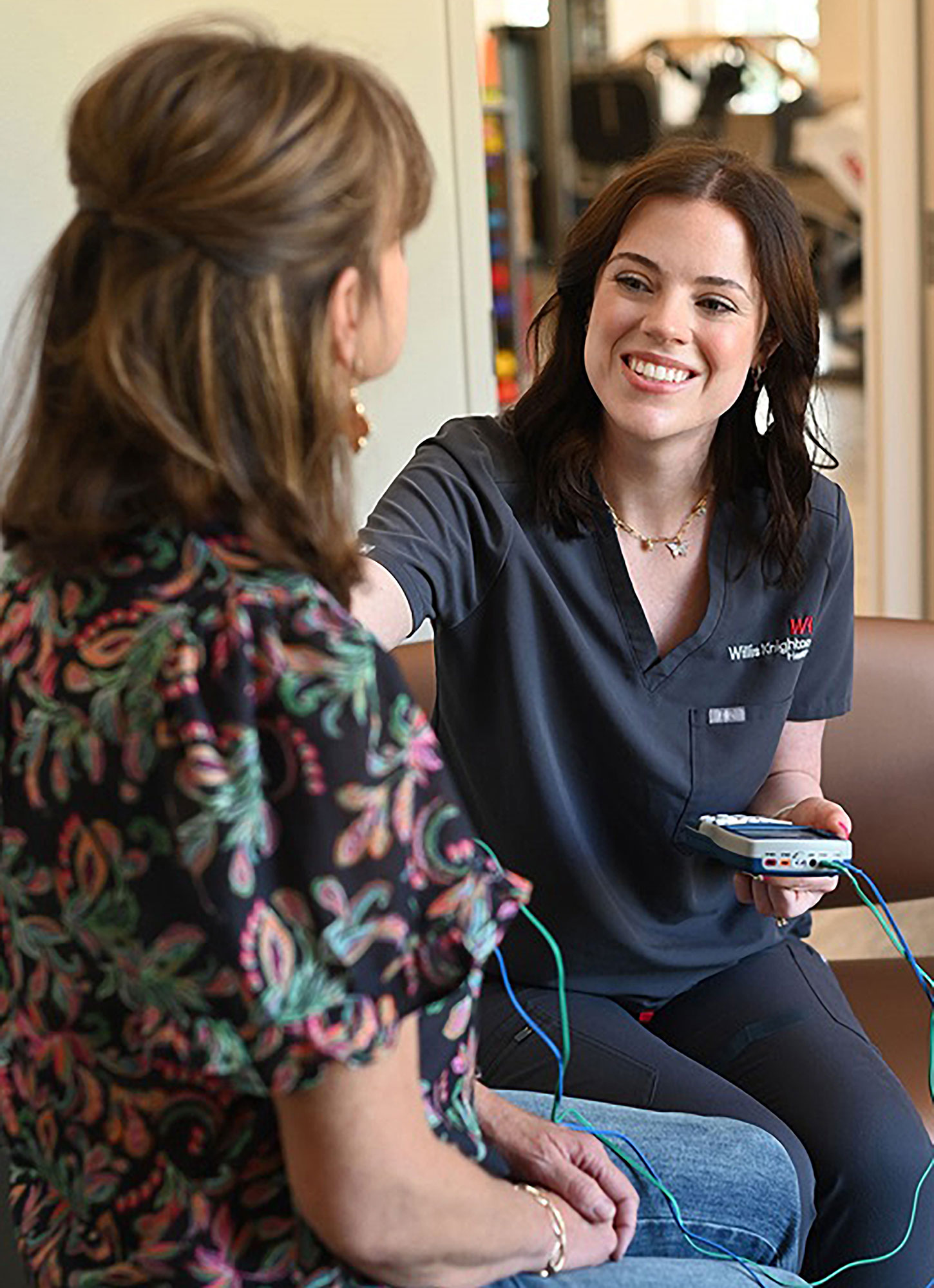Uterine Fibroids
Overview
These growths, also called "myomas," form in the wall of your uterus. They are made from muscle cells and other tissues. They can be small or large, and you can have one or many. Fibroids are tumors, but they are benign. That means they aren't cancerous.
Causes and Risk Factors
We don't know what causes fibroids. They may be linked to genetic factors or hormones. They are most common in women of reproductive age. Your risk is higher if your mother or sister has had fibroids. They are more common in black women, and in women who are obese. Your risk is higher if you began menstruation early. Using birth control pills raises your risk. And, fibroids may be linked to your diet.
Symptoms
For many women, fibroids don't cause symptoms. But if you do have symptoms, you may have heavy menstrual bleeding and periods that are longer than normal. You may have a feeling of pressure or pain in your pelvic area. You may have problems with your bladder or bowels. And, you may have pain in your back or legs.
Treatment
Your fibroids may not need any treatment. But if they are causing problems, you may benefit from medications or surgical options. Your healthcare provider can create a plan that's right for you.














